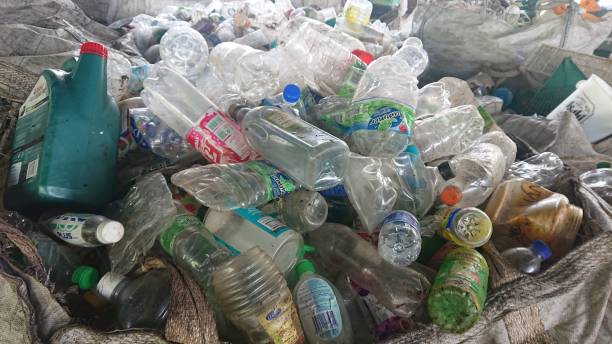As global awareness of plastic pollution and carbon emissions continues to rise, Malaysia is actively exploring sustainable alternatives to traditional plastic. One promising innovation is biomass plastic in Malaysia, a renewable material that offers comparable functionality with reduced environmental impact. This shift aligns with national sustainability goals and growing industry demand for eco-friendly materials.
Okaya Malaysia is responding to this movement by supplying high-quality biomass plastic solutions tailored to meet the needs of manufacturers across multiple sectors. Through reliable sourcing and technical support, Okaya enables businesses to adopt greener practices without sacrificing performance.

What Is Biomass Plastic?
Biomass plastic is derived from renewable biological resources such as corn starch, sugarcane, cellulose, and other plant-based materials. Unlike conventional plastic made from petroleum, biomass plastic utilises natural sources to reduce reliance on fossil fuels.
Key Characteristics:
- Bio-based Content: Partially or fully made from renewable resources
- Lower Carbon Footprint: Produces fewer greenhouse gas emissions during production
- Versatility: Can be processed using standard plastic machinery
- End-of-Life Options: Some variants are biodegradable or compostable under industrial conditions
It is important to distinguish biomass plastic from biodegradable plastic. Not all biomass plastics are compostable, and not all biodegradable plastics are made from biomass. However, both categories contribute to more sustainable plastic production and waste management.
Applications of Biomass Plastic in Malaysia
The use of biomass plastic is expanding across industries that seek to reduce their environmental footprint while maintaining material integrity and production efficiency.
Sectors Embracing Biomass Plastic:
- Packaging: Bioplastic films, bags, trays, and containers for food and consumer products
- Agriculture: Mulch films, seedling pots, and planting trays
- Consumer Goods: Disposable cutlery, pens, cosmetic packaging, and eco-friendly merchandise
- Automotive: Interior parts and trim materials made from plant-based polymers
In each of these industries, biomass plastic in Malaysia supports sustainable branding, ESG compliance, and growing consumer demand for greener products.
Okaya’s Biomass Plastic Offerings in Malaysia
Okaya Malaysia sources a wide range of biomass plastic materials from trusted global partners. These materials meet strict quality standards and offer the consistency required for industrial production.
Key Biomass Plastic Types Available:
- Polylactic Acid (PLA): A widely used bioplastic made from fermented plant sugars
- Polyhydroxyalkanoates (PHA): Biodegradable plastic produced by microorganisms
- Polybutylene Succinate (PBS): A flexible material suitable for packaging and compostable products
- Blended Bioplastics: Custom formulations to suit specific process and performance requirements
Okaya supports clients by recommending suitable materials, providing documentation, and ensuring traceability for every shipment.
Why Choose Okaya for Biomass Plastic Supply
Working with Okaya means gaining more than just access to sustainable materials—it’s about forming a strategic partnership focused on quality, efficiency, and long-term impact.
Advantages of Choosing Okaya:
- Technical Support: Assistance with selecting the right bioplastic for your application
- Reliable Supply Chain: Consistent inventory and timely delivery across Malaysia
- Customised Solutions: Matching materials to product specifications and processing needs
- Sustainability Commitment: Active role in reducing industrial reliance on petroleum-based plastics
Okaya’s team understands the complexity of integrating new materials and is ready to support businesses throughout the transition.
Conclusion
The transition to sustainable materials is not just a trend—it’s an industrial necessity. The adoption of biomass plastic in Malaysia represents a forward-thinking solution that balances performance with environmental responsibility.
Okaya Malaysia is proud to lead this transformation by offering reliable bioplastic options and expert support. For manufacturers ready to align with global sustainability goals, Okaya is the trusted partner for high-quality, renewable plastic materials.
